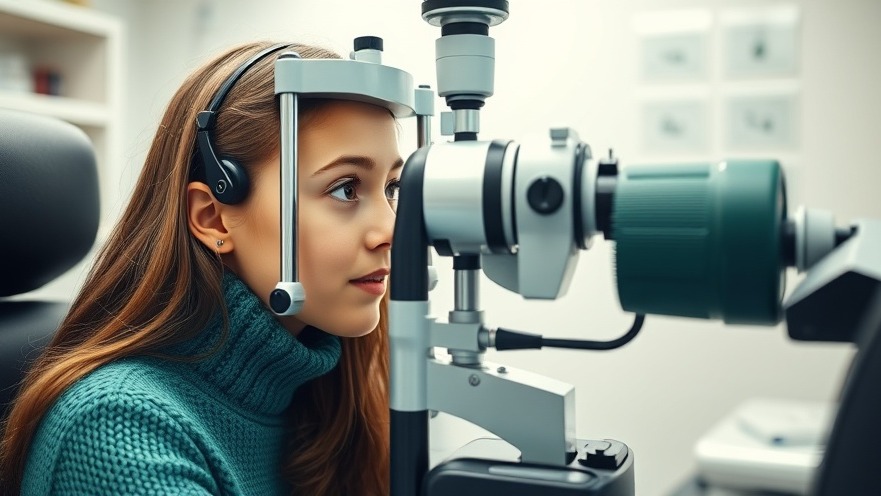
Introduction: The Eye-Opening Connection Between Diet and Myopia
Recent studies have unveiled a surprising correlation between dietary choices and the increasing incidence of nearsightedness, particularly in children. With the global prevalence of myopia expected to impact nearly half of the population by 2050, understanding the role of nutrition in eye health is more crucial than ever. Researchers have found that dietary omega-3 fatty acids play a significant role in preventing myopia while saturated fats contribute to its progression. This groundbreaking research not only sheds light on dietary impacts but also encourages parents to rethink their children’s nutritional habits.
The Role of Omega-3 Fatty Acids in Eye Health
In recent investigations involving over 1,000 children in Hong Kong, findings indicated that a diet rich in omega-3 fatty acids correlates with healthier eye development. Omega-3s, predominantly found in fish oils, are hailed for their numerous health benefits. They are known to bolster brain function and can also improve several chronic eye conditions, such as dry eye syndrome and age-related macular degeneration.
The study highlighted that children with higher omega-3 intake exhibited slower vision deterioration, measured through axial length—a key indicator of myopia progression. Conversely, children consuming lower amounts of omega-3s were more likely to experience adverse eye health metrics, positioning omega-3 as a potential guardian against this prevalent condition.
Saturated Fats: The Risk Factor
While omega-3 fatty acids appear to be protective, the study also found that high saturated fat intake, often found in foods like butter, palm oil, and red meat, was linked to increased risk of nearsightedness. Such fats are typically abundant in the modern diet, raising concerns about their implications for eye health as children consume more processed and fatty foods. As parents and caregivers assess their children's diets, the need to limit saturated fats while integrating healthier alternatives is paramount.
The Children’s Eye Study: An Eye-Opening Analysis
The Hong Kong Children Eye Study analyzed children aged 6 to 8, meticulously measuring their dietary habits and eye health. Through food frequency questionnaires, researchers gathered data from parents on their children's consumption of over 280 food items across various categories such as bread, vegetables, fruits, meat, and dairy. This comprehensive approach ensured a thorough understanding of nutritional intake and its effects on eye development.
The results were indeed telling: nearly a quarter of the studied children presented with myopia. This statistic emphasizes the urgent need for parents to consider dietary influences when addressing children's eye health.
Beyond the Plate: Lifestyle Matters
Screen time and insufficient outdoor activities have emerged as significant risk factors for myopia. The study corroborates findings suggesting that more time spent outdoors—and less on screens—can contribute to better eye health among children. Thus, complementing a diet rich in omega-3s with balanced lifestyles is essential. Families can adopt a holistic approach, merging nutritional adjustments with outdoor recreation to cultivate a healthier generation.
Building a Healthier Future for Our Children
As knowledge about the link between diet and myopia continues to evolve, it provides parents with actionable insights to enhance their children’s health. Prioritizing omega-3-rich foods like fatty fish, nuts, and seeds while minimizing saturated fat can pave the way for better long-term eye health. Consider creating engaging meal plans and family activities that reinforce these healthy habits.
Call to Action: Empowering Healthier Choices
The research signals a call to action: by understanding how dietary choices influence eye health, we can make informed decisions that benefit the next generation. Encourage discussions about healthy eating and outdoor activities in your home. It’s never too late to foster a balanced lifestyle and support overall well-being—start today!
 Add Element
Add Element  Add Row
Add Row 



Write A Comment